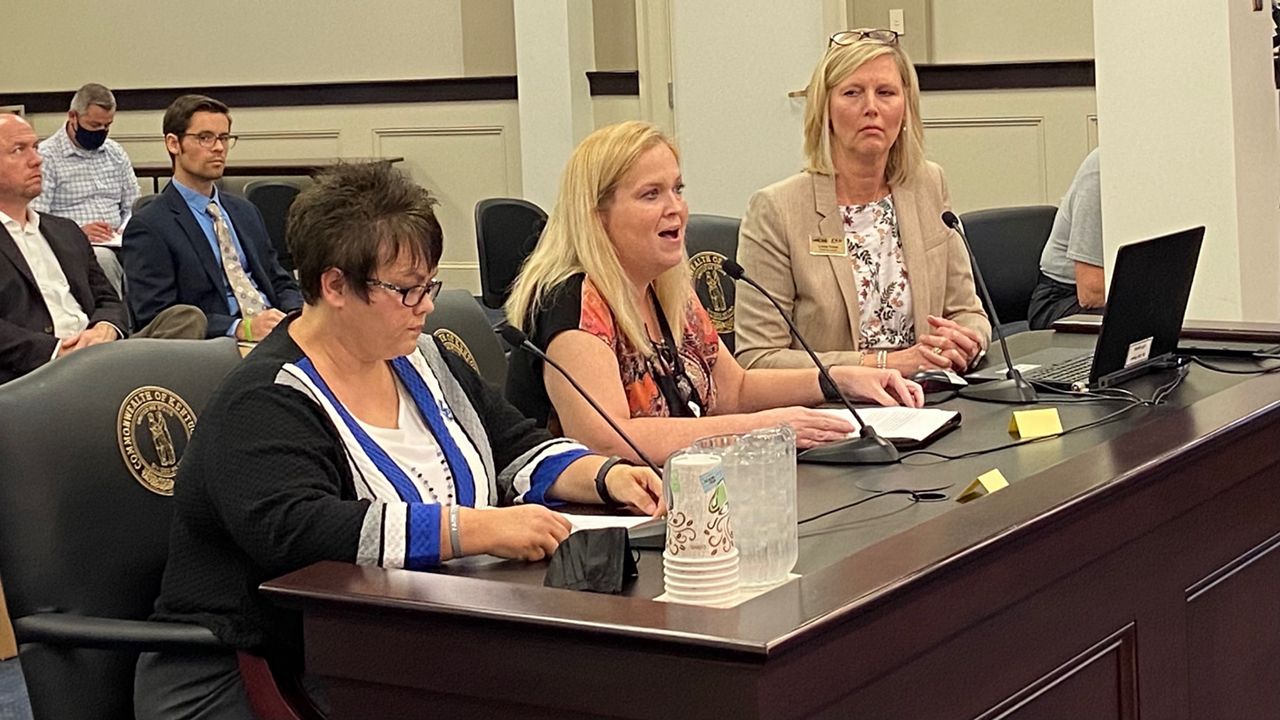FRANKFORT, Ky. — Mental health professionals have seen a spike in anxiety, depression and suicidal thoughts among Kentucky students since the start of the pandemic, according to testimony before a joint committee of lawmakers Tuesday.
What You Need To Know
- School mental health professionals have reported a spike in anxiety, depression and suicidal thoughts among Kentucky students since the start of the pandemic
- A panel testified before state lawmakers Tuesday
- The speakers said students also have been dealing with home problems, loneliness, isolation and grief
- The discussion touched on the impacts of social media, the loss of in-person education and the need for prevention
“The number of suicide threats in my own school has skyrocketed since COVID," said Amy Riley, a school counselor at Mercer County Intermediate School. "There were weeks this past spring, shortly after returning from virtual learning, that we would assess two to three students a day for viable suicidal threats ... Just this morning, I had to do a suicide risk assessment on a 9 year old in my school before I came to this hearing today."
The speakers reported seeing students dealing with unmanageable anxiety, home problems, loneliness, isolation and grief.

"Grieving for these students has taken on a grief of the loss of the normal … fun, activities and programs that are offered and provided at the schools," said Marsha Duncan, a social emotional learning specialist with LaRue County Schools. "Dealing with the lack of consistent routines has been detrimental to the mental health of our students."
The discussion touched on the impacts of social media, loss of in-person education and the need for prevention.
"We don’t want to be reactive. We want to be proactive," said Linda Tyree, the crisis response director with Green River Regional Educational Cooperative. "Every single student, every kindergartner, every first grader that comes in the door, before they ever show any kind of problems or at-risk behavior, we’re already talking about articulating their feelings, how to be socially acceptable with the way that they address those feelings, how they can regulate themselves and have social regulation."
The speakers said that they would like to see more school-based mental health professionals and a community-wide focus on building resiliency in students.
The Centers for Disease Control and Prevention has information on supporting children, teens and young adults through the pandemic on the agency’s website.
If you or someone you know is in crisis, you can call the National Suicide Prevention Lifeline at 1-800-273-TALK.



